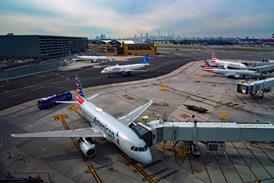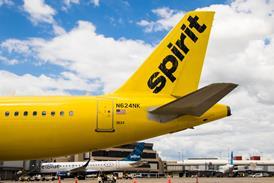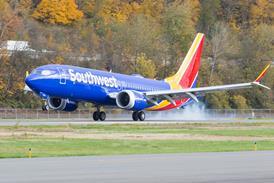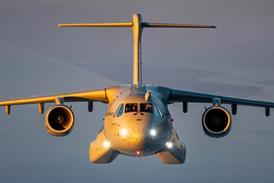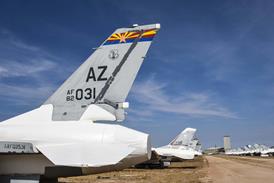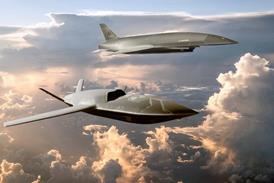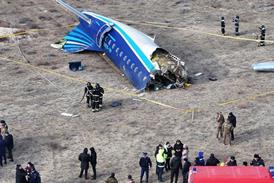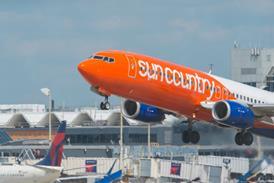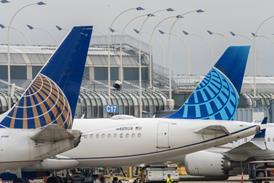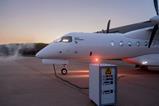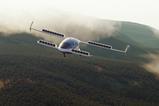German researchers have found a sharp reduction in particulate emissions from helicopters burning a 38% blend of sustainable aviation fuel (SAF), following a “first-of-a-kind” study.
Working in collaboration with emergency medical services operator ADAC Luftrettung, Germany’s DLR aerospace research centre sought to examine the combustion behaviour and performance of the SAF blend, with a focus on the emissions of ultrafine particles and gases, including carbon dioxide and nitrogen oxides.
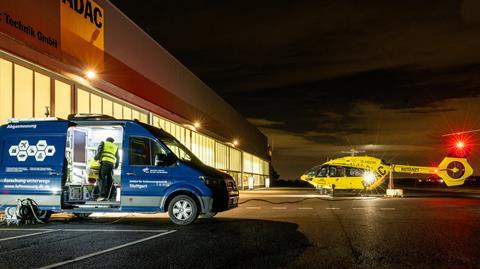
During the trial, ADAC accumulated 1,800 flight hours using a pair of helicopters – an Airbus Helicopters H145 and H135 – powered by kerosene and biofuel made from used cooking oil in concentrations of up to 38%.
Researchers from the DLR’s Institute of Combustion Technology supported the evaluations with six ground-based measurement campaigns using its mobile measurement laboratory at Bonn-Hangelar airfield after the end of each helicopter’s shift.
This, says DLR researcher Tobias Grein, contains instruments “capable of detecting ultrafine particles as small as seven nanometres”.
Results showed the engines running on the SAF blend emitted significantly fewer ultrafine particles (UFPs) compared with pure kerosene, says the DLR.
During idle operation shortly before take-off, researchers found a 44% reduction in UFPs, while at engine power levels typical for cruise flight, UFP levels were 33% lower.
No notable changes were found to the exhaust gases, it adds, “demonstrating that the engines run smoothly and reliably with the SAF blend”.
Hailing the success of the “first-of-its-kind” campaign, Grein adds: “These measurements were particularly exciting, and it was a unique experience for our team to conduct them ‘live’ on a helicopter just prior to take-off.”
Collecting the measurements required a “delicate touch” from the pilot, applying the throttle on the ground as if preparing for take-off − without actually leaving the ground.
ADAC says it will now expand its research and development activities with alternative fuels, increasing the percentage of SAF in the blend.
“Our long-term goal is to significantly advance the decarbonisation of aviation, including in the emergency services sector,” says Frederic Bruder, ADAC managing director.


